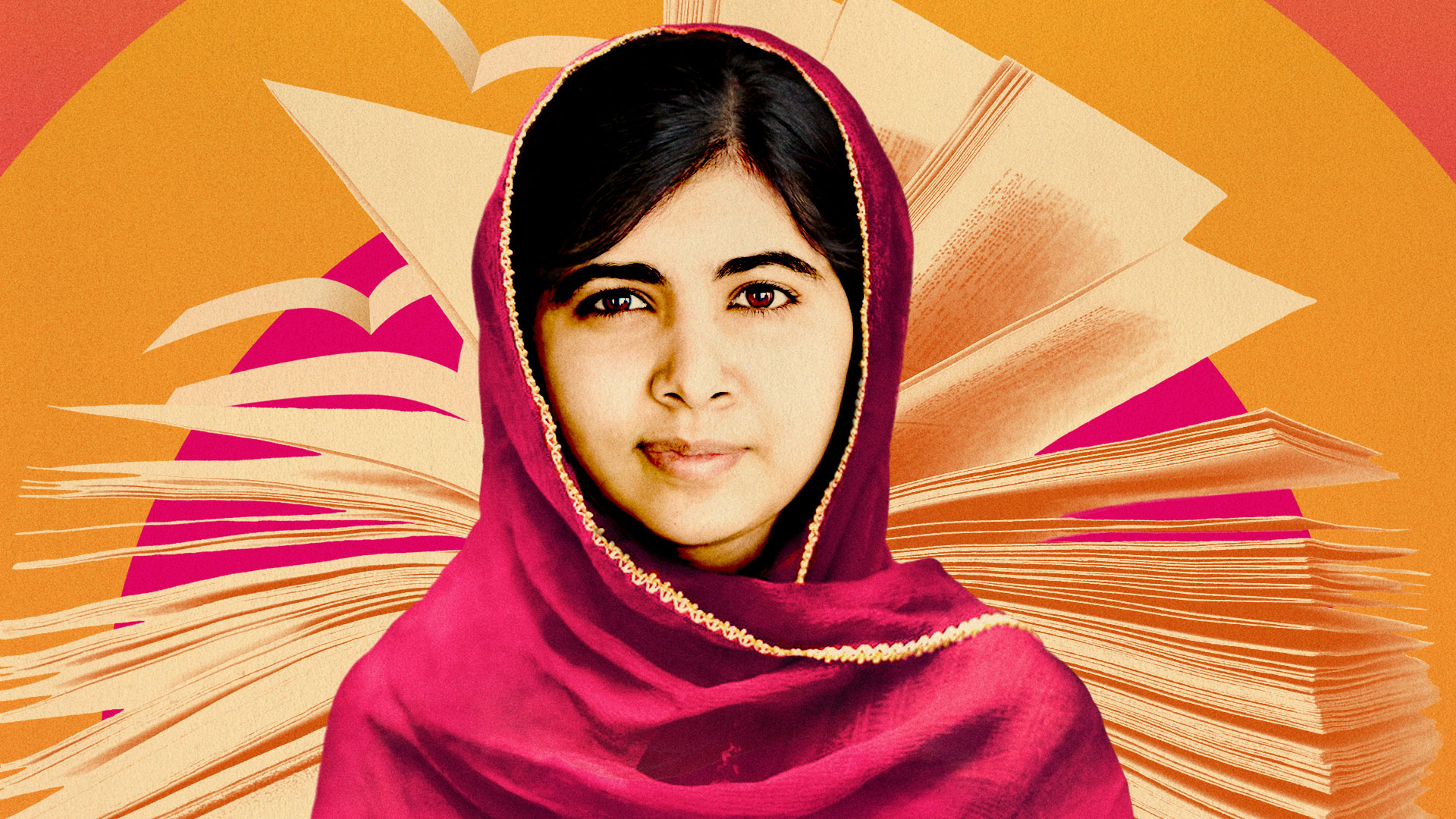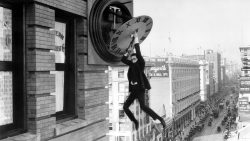Posted October 9, 2015
What Malala Can Teach Us All About Education
By JBFC Student Critic Caleb Feinstein
Most teens today don’t imagine themselves risking their lives to stand up for thousands of people they don’t even know, but that’s exactly what one girl in Pakistan did. Malala Yousafzai grew up in the Swat Valley of Pakistan, the daughter of a private school teacher, diplomat, and public speaker. This influenced Malala to be independent and outspoken in a country of suppression. When the local Taliban tried to stop girls from being educated by burning down schools and imposing bans, Malala decided to take action. She believed that education was a universal right and people needed to know what was happening, so she took an opportunity to write anonymously to the BBC and spoke at a press club, voicing her opinions on air. In an effort to silence her, the Taliban targeted Malala and shot her in the head on her way back from school. After miraculously waking up from a coma, people expected Malala to be scared and traumatized, but that was not the case. She became an even bigger leader than she was before–giving talks, writing books, and eventually winning the Nobel Peace Prize (the youngest person to do so). Davis Guggenheim truly does make Malala Yousafzai’s life story a work of art with the help of beautifully animated scenes. One of the most amazing part of Malala’s story was how she truly is still just a normal teenage girl who fights with her brothers and does homework. But at the same time she is completely extraordinary, through what she does and says to bring awareness to a horrible situation. Not only does she stand for the hundreds of thousands of girls being denied education, but serves as living proof that no matter what your age, you can make a difference and change the world.
Experience Malala’s story when the JBFC shows the new documentary He Named Me Malala, openingFriday, October 9. Tickets are on sale now!



